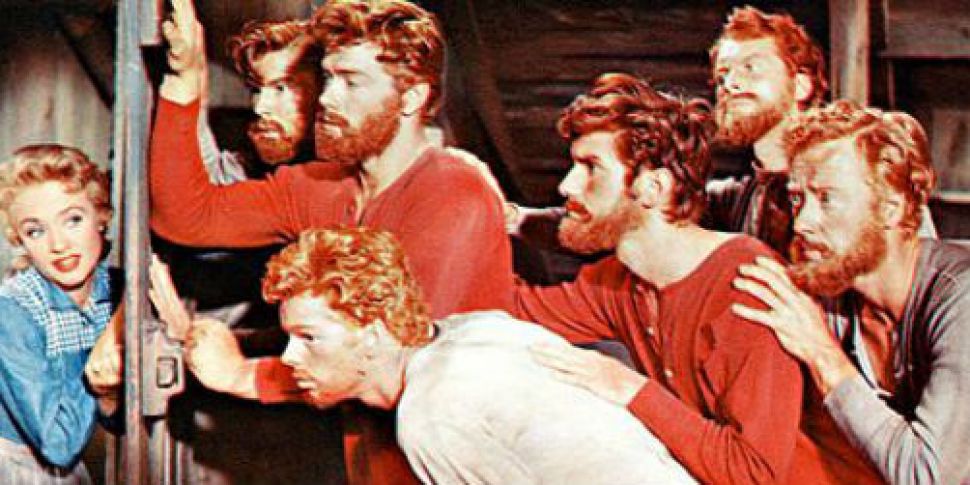In truth, as a species, mankind still has yet to fully understand what sexual orientation really is. Nature and nurture can’t seem to quite take the edge in the debate, and as a recent review article on the subject in Psychological Science in the Public Interest demonstrated, we’re still pretty far off formulating a convenient theory that can sum up the entire spectrum of sexual desire. The short version of it is that we’re all beautiful creatures and provided what you’re doing is with consenting adults, you do you.
In the absence of hypotheses, however, at least we can take some solace in statistics and hard data. Researchers have re-examined some of the curious clues that offer a partial take on sexuality. One of the most strange is the fraternal-birth-order effect, which is a recurring statistical trait found in families producing multiple sons. In short, those who are born and identify as male, each and every older biological brother they have increases the chances that they will be gay.
While scientists have found no correlation for women with multiple older brothers, analysis of the data does suggest that the effect is significant. Michael Bailey, a sex researcher at Northwestern University in Illinois, wrote in the aforementioned study, “Assuming that a man without any older brothers has a 2% chance of being homosexual, a man with one older brother had a 2.6% chance; with two, three, and four older brothers, the chances are 3.5%, 4.6%, and 6% respectively.”
Last week, the LGBT YouTube channel Proud to be Fruit posted a video exploring this phenomenon, outlining the leading theory believed to explain the fraternal-birth-order effect, pointing to a complicated relationship with antibodies; in short, male foetuses in the womb carry male-specific proteins in their Y chromosome, called H-Y antigens. The role of these is to promote the development of heterosexual orientation in males, but the antigens are foreign to female bodies. When carrying a boy, a mother’s body is exposed to these male antigens, with her responding by generating maternal antibodies. These then bind with the H-Y antigens, preventing them from their purpose, with scientists believing this plays a factor on sexual orientation.
The more male offspring a woman conceives, the more antibodies her body produces to fend off the male antigens, and the less impact they have, thereby increasing the odds that a boy will grow up identifying as a gay man. While the theory cannot be definitively proven, its validity is bolstered by the fact that fraternal birth order appears to have no effect on girls and their sexuality. And it has been observed to take place in families where the brothers do not all live in the same environment.
But the truth remains that there is no elegant solution to sum up the pantheon of human sexuality. The fraternal-birth-order effect is a complex process that, if correct, only applies to a tiny percentage of sexual orientation differences in the grand scheme of things.









